The Antipodean violinist on how chamber music and seizing opportunities made for a varied career in the New Zealand String Quartet and as concertmaster of the Melbourne Symphony Orchestra
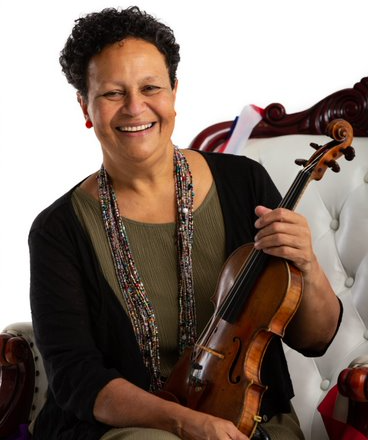
Every child in my primary school learnt a musical instrument. I was taught in a group by Helen Hopkins, the leader of the Auckland Symphonia. I have no idea how our music teacher did it. Not only did he provide tuition to all students, but he also got the very best teachers. I would love for all children to have instrumental tuition. It’s a life-changer that has all sorts of impacts. My first private teacher, Violet Lewis, was a tennis fanatic, and I have vivid memories of her talking about how the tennis swing and follow-through relate to violin playing. I still teach this today. I was very lucky to have such great teachers in little old New Zealand!
The 1975 New Zealand Youth Orchestra world tour when I was 19 was game-changing for me. At the BBC Proms, in a combined international orchestra we performed Strauss’s Death and Transfiguration. It was conducted by Claudio Abbado, one of the finest conductors I ever experienced. At the end of the performance he had tears running down his face – it was moving for him and for us. I felt the power of what we were doing and realised that I had to be in this world.
My introduction to serious string quartet study came when I was coached by Louis Krasner at the New England Conservatory. I remember working with him on Beethoven op.59 no.1. I was playing second violin, which starts the slow movement alone on a middle C. We worked on that single note for about 20 minutes – he wanted it to contain everything that was about to come. The kind of listening he demanded of me was unlike anything I had experienced before and is something I still teach. Don’t assume that because you have ears, you’re listening – you have to be actively using them! This also helped me to be a concertmaster, a role where you need to be listening to everyone every split second while simultaneously checking the balance, intonation and harmony. The lessons you learn in a quartet about personal relationships, negotiation and psychology also prepared me for the concertmaster years like nothing else could.
Being open to opportunity has been a guiding principle of my life, whether by good luck or good management. When I had the chance to return to New Zealand in 1987 to form the New Zealand Quartet, I knew I had to take it. I am grateful for my wonderful mentors and all the experiences that have moulded me as a musician. I feel very lucky still to be learning and growing, often with inspiration from my brilliant young collaborators. If I could go back and advise my younger self, the only thing I would recommend is to practise more. Practise, practise and practise! There’s no short cut, so the sooner you get on to it the better.
INTERVIEW BY RITA FERNANDES
-
This article was published in the January 2022 Steven Isserlis issue
The UK cellist discusses his new Bach companion and recording an album of solo works by British composers. Explore all the articles in this issue . Explore all the articles in this issue
More from this issue…
- Steven Isserlis on Bach and British composers
- 1773 ‘Cozio’ Guadagnini viola
- Alexander technique: it’s all in the mind
- LGT Young Soloists record Philip Glass
- Copying Stradivari’s 1715 ‘Titian’ violin
- Opportunities for young musicians post-Covid
Read more playing content here
-
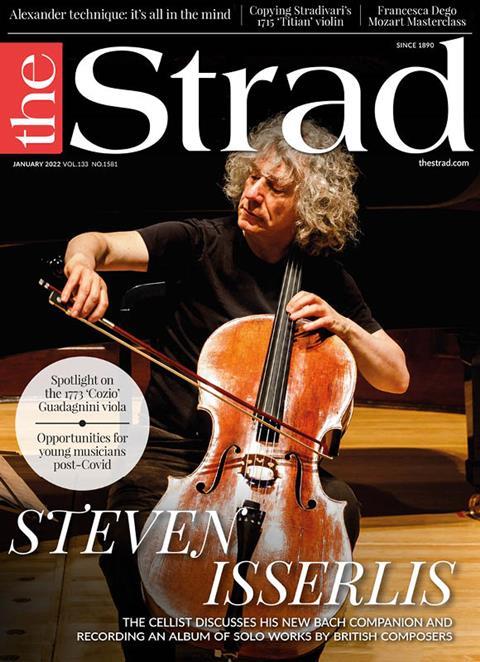

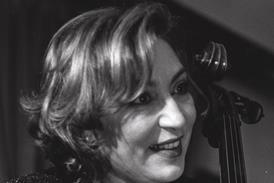
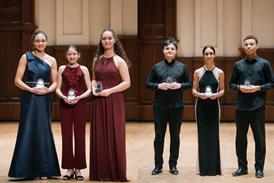
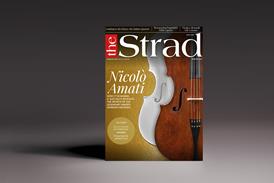
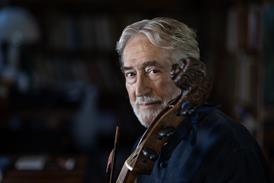




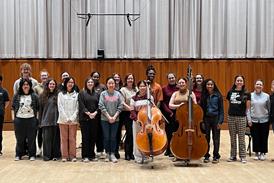
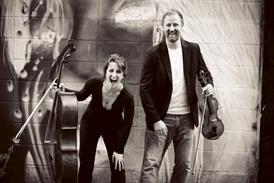
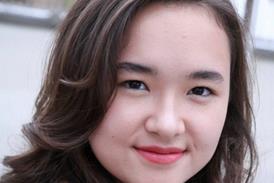

























No comments yet